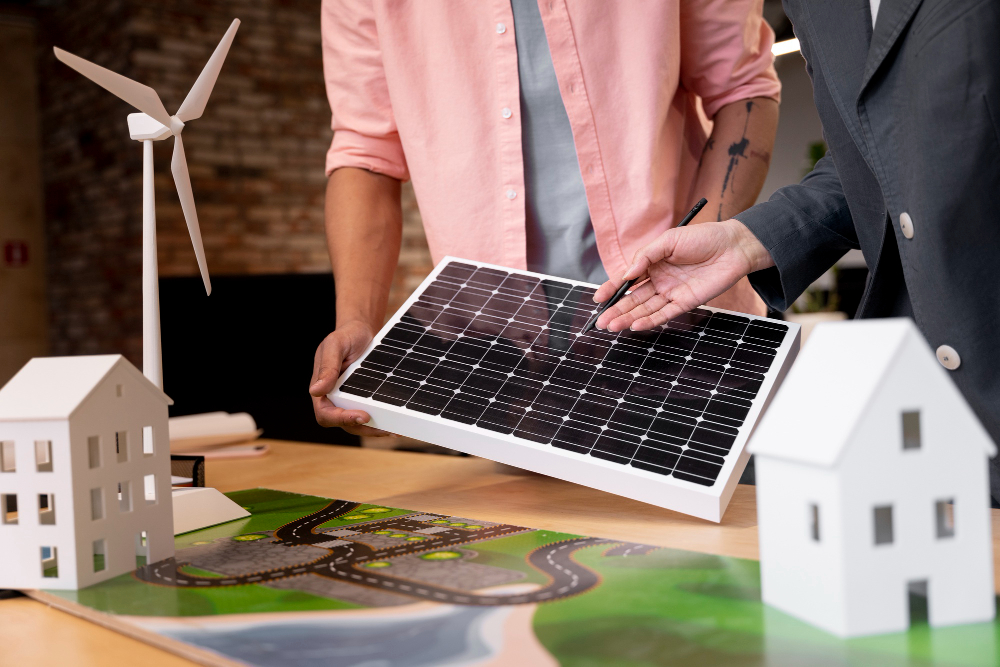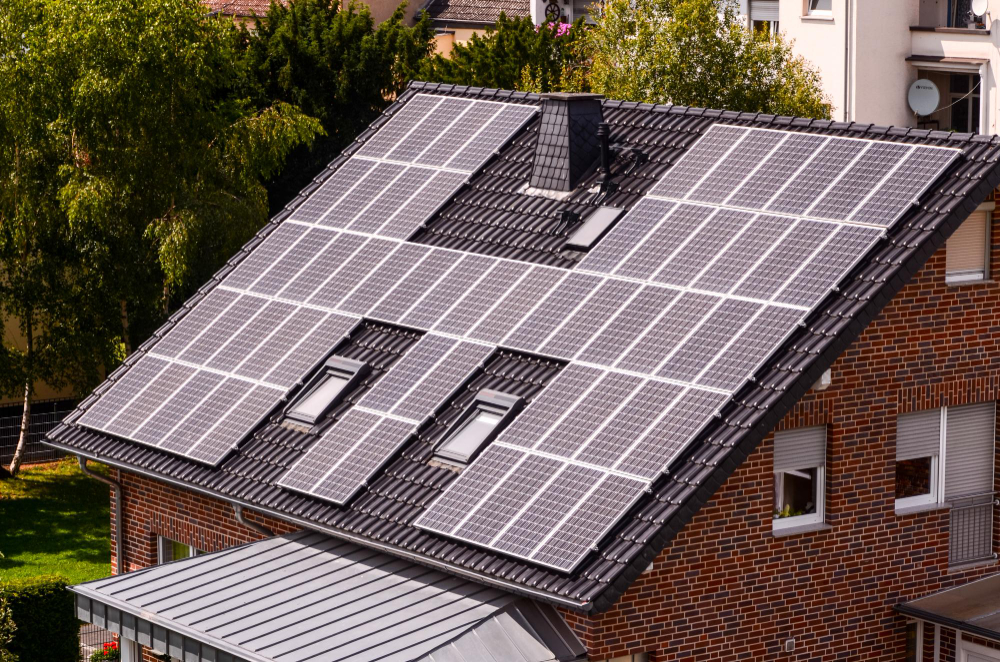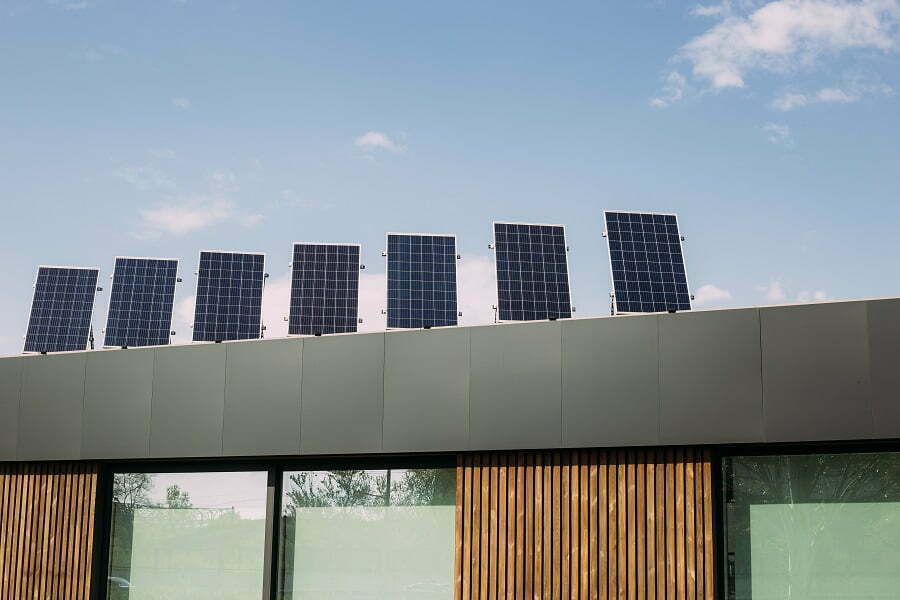Last updated on
Use these smart tips and tricks to dispose of construction waste in an eco-friendly manner. Read on!
Construction projects often generate a significant amount of waste, ranging from excess materials to debris. As we strive to become more environmentally conscious, it’s essential to adopt eco-friendly waste disposal practices to minimize the environmental impact of construction activities.
By implementing the right strategies, you can reduce waste, promote recycling, and contribute to a more sustainable future. In this blog post, we will explore some tips and tricks for eco-friendly waste disposal after construction, helping you make responsible choices for the environment.
Plan Ahead and Minimize Waste
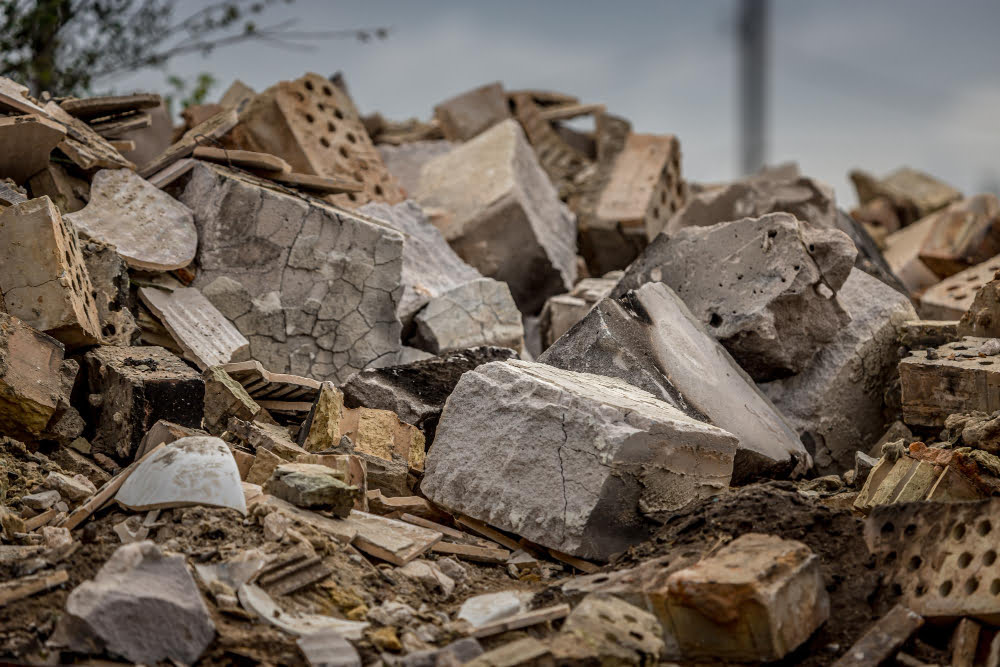
One of the most effective ways to promote eco-friendly waste disposal is to plan your construction project with waste reduction in mind. Consider the following steps:
- Optimize material usage: Estimate your material needs accurately to avoid excess waste. Plan your project’s dimensions and requirements carefully, ensuring you order the right quantities.
- Reuse materials: Salvage and repurpose materials whenever possible. Evaluate which items can be reused on-site or donated to charitable organizations or local communities.
- Select eco-friendly materials: Prioritize sustainable and recyclable materials during the planning phase. Look for products with low environmental impact and those made from recycled or renewable materials.
Implement Waste Sorting and Recycling
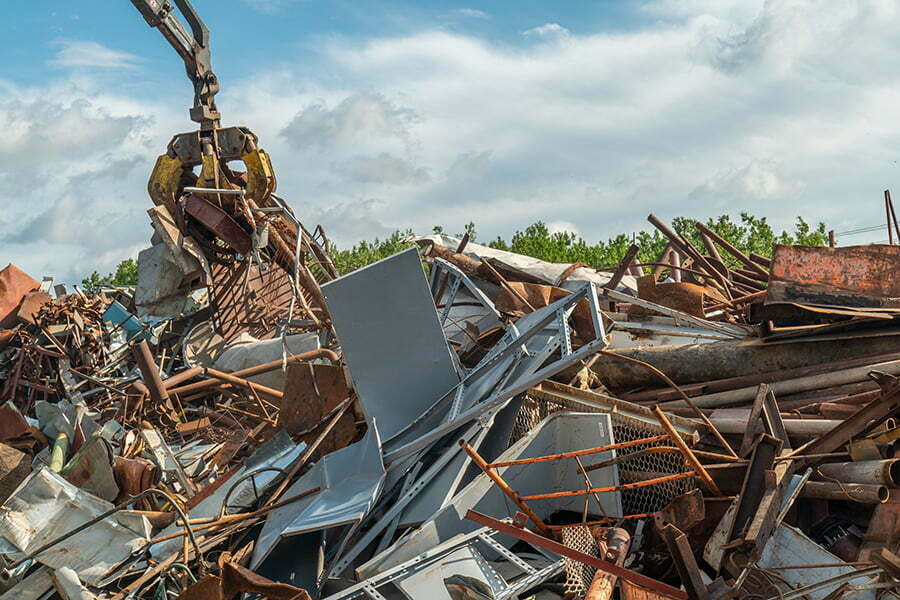
Setting up a waste sorting and recycling system is essential for eco-friendly construction waste disposal. Here are some essential steps you can follow:
- Categorize waste: Classify different types of waste, such as wood, metal, concrete, plastic, and cardboard. Create designated areas or containers for each waste category.
- Train your team: Educate workers about the importance of waste sorting and recycling. Provide clear guidelines and instructions for proper waste disposal procedures.
- Partner with recycling facilities: Identify local recycling centers that accept construction waste materials. Establish partnerships to ensure the responsible recycling of these materials.
- Implement a waste audit system: Regularly monitor and evaluate your waste management procedures. This involves performing waste audits to identify the types and amounts of waste produced. Use this information to improve your recycling strategies, reduce waste generation, and comply with environmental regulations.
Utilize Skip Bin-Providing Services
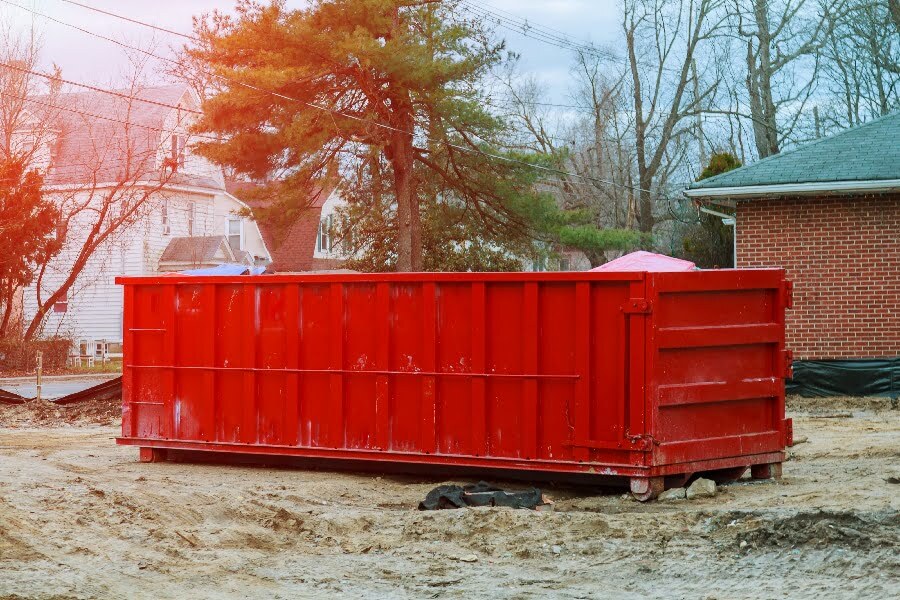
According to the folks that cater to Magic Bins Service Areas, when it comes to eco-friendly waste disposal after construction, one effective solution is to utilize skip bin-providing services. These services offer convenient and environmentally responsible ways to manage the waste generated during construction projects.
Consider Deconstruction Instead of Demolition

In situations where a building or structure is being removed, consider deconstruction as an alternative to traditional demolition. Deconstruction involves carefully dismantling the structure and salvaging reusable materials, reducing waste and minimizing environmental impact. Engage professional deconstruction contractors who specialize in salvaging and repurposing construction materials.
Utilize Waste-to-Energy Solutions
Certain construction waste, such as wood and other organic materials, can be converted into renewable energy through waste-to-energy technologies. Investigate local waste-to-energy facilities that accept construction waste to provide an alternative to landfill disposal. This approach reduces greenhouse gas emissions and utilizes waste as a valuable resource.
Composting Organic Waste
If your construction project generates significant amounts of organic waste, such as vegetation or food waste from on-site facilities, consider implementing a composting system. Composting organic waste allows it to break down naturally and transform into nutrient-rich compost that can be used for landscaping or donated to local gardens.
Promote Reclaimed Materials and Sustainable Design

Encourage the use of reclaimed materials and sustainable design practices in construction projects. Reclaimed materials, such as salvaged wood or architectural elements, add character to new structures while reducing the demand for new resources. Additionally, incorporating sustainable design principles, such as energy-efficient systems and water-saving measures, helps minimize waste throughout the building’s lifespan.
Eco-friendly waste disposal after construction is crucial for reducing the environmental impact of building projects. By planning ahead, implementing waste sorting and recycling systems, considering deconstruction, exploring waste-to-energy solutions, composting organic waste, and promoting reclaimed materials and sustainable design, we can contribute to a more sustainable construction industry.
Let’s embrace these tips and tricks, making responsible choices that benefit the environment and future generations. Together, we can build a greener, cleaner future.
Related reading:
Table of Contents
